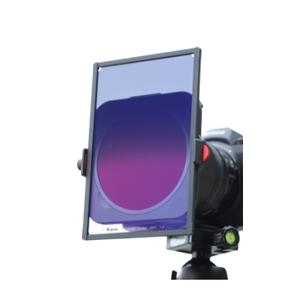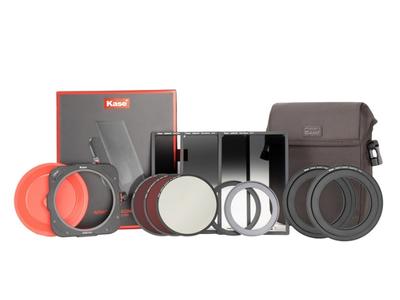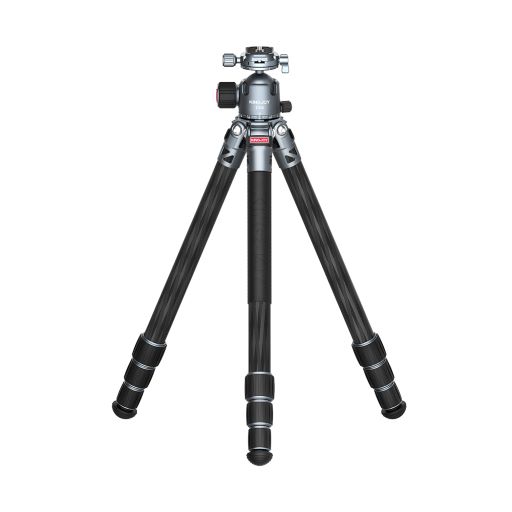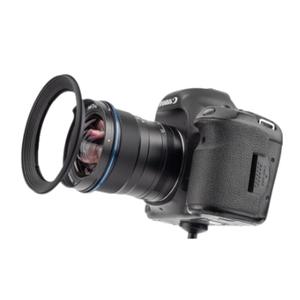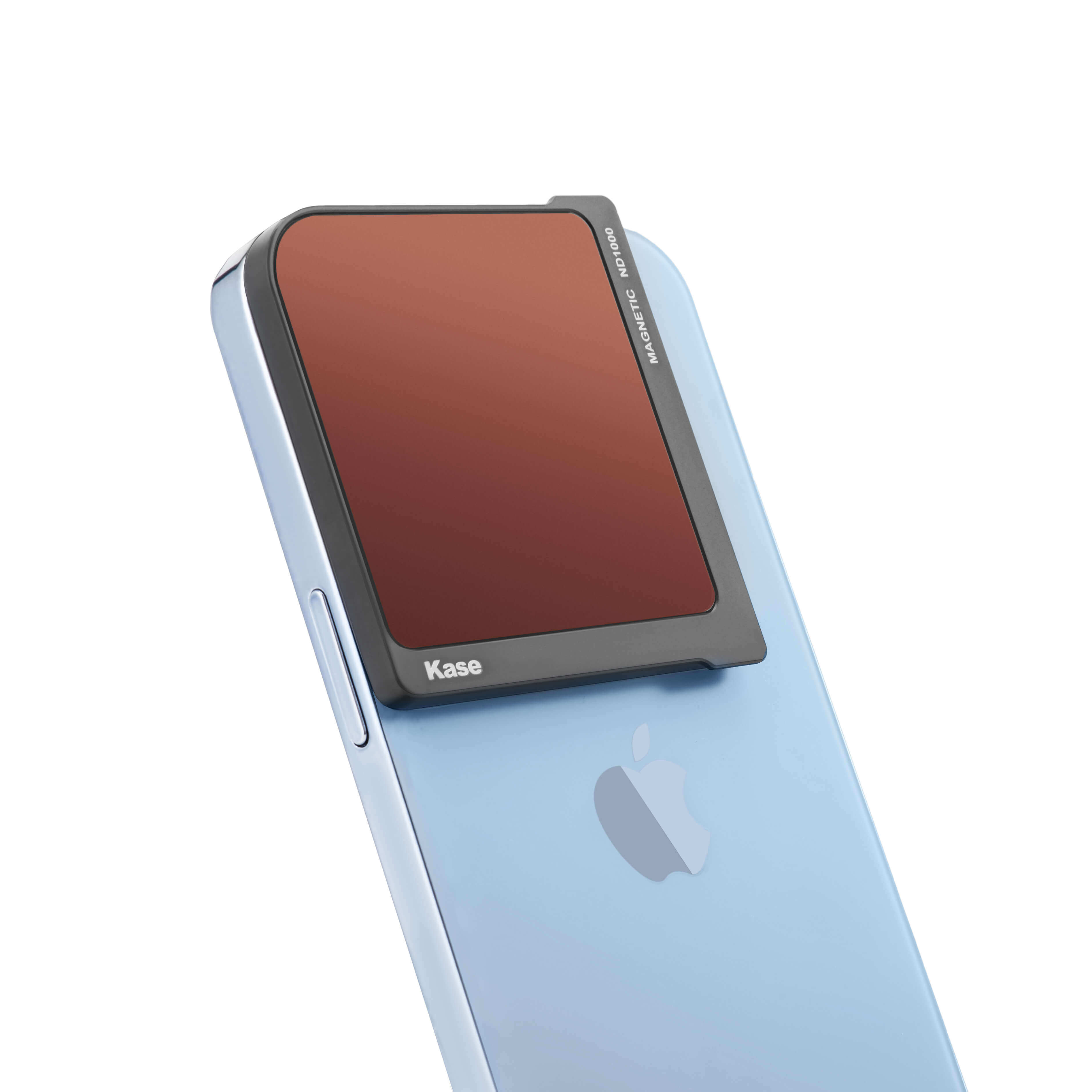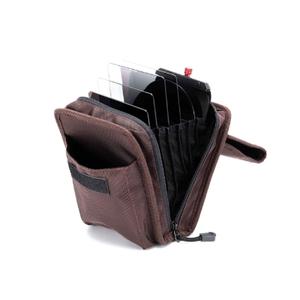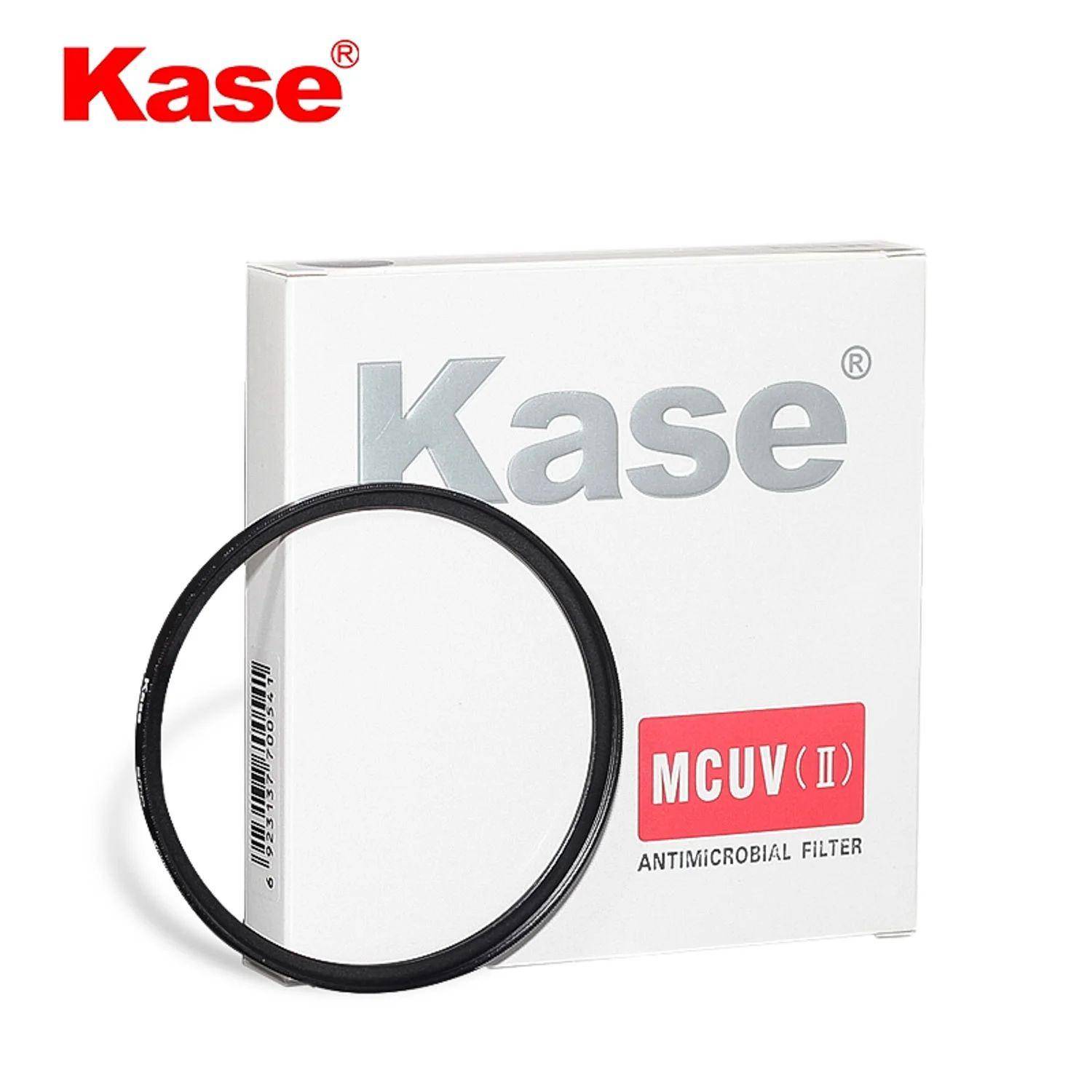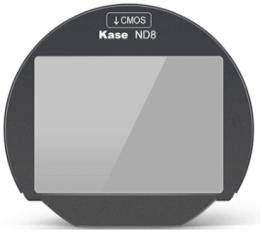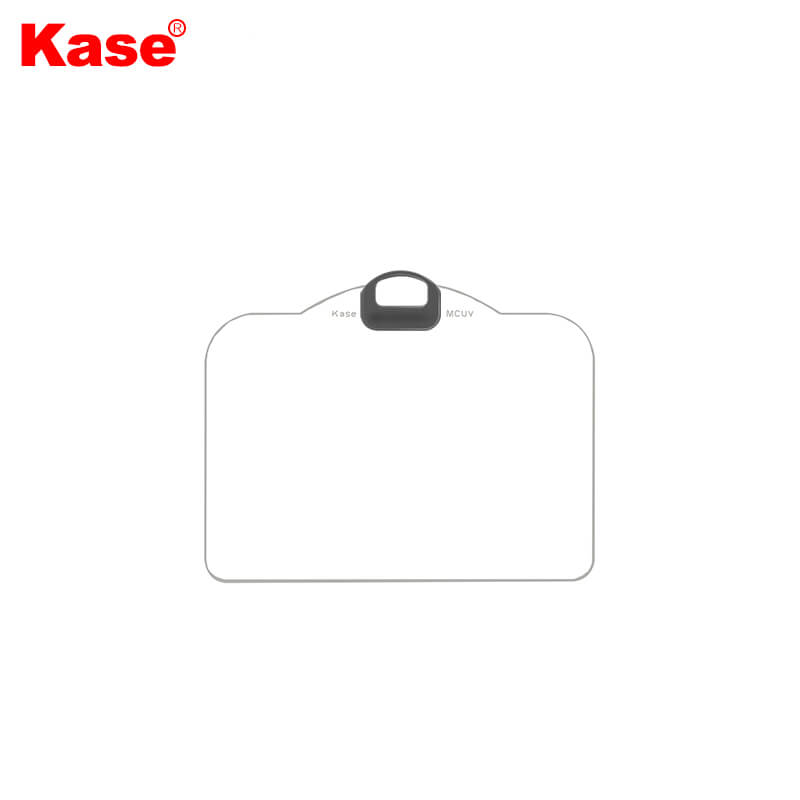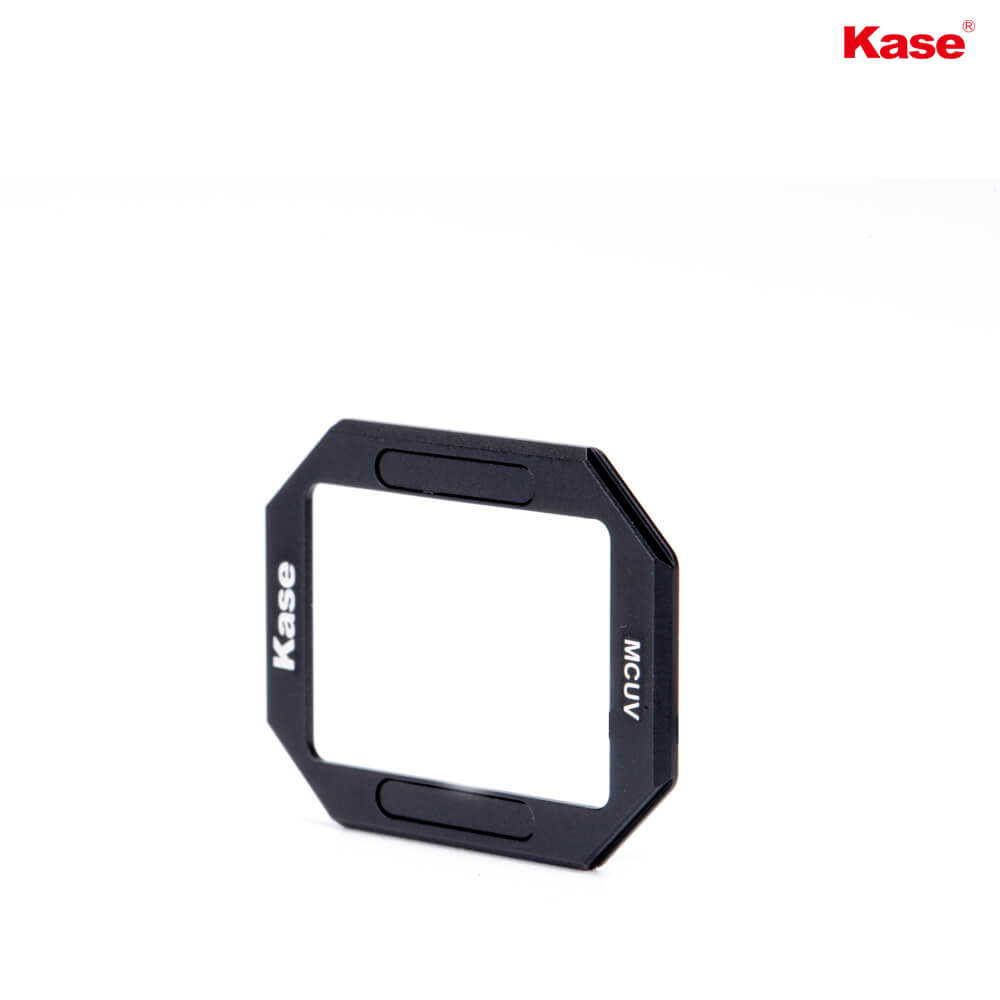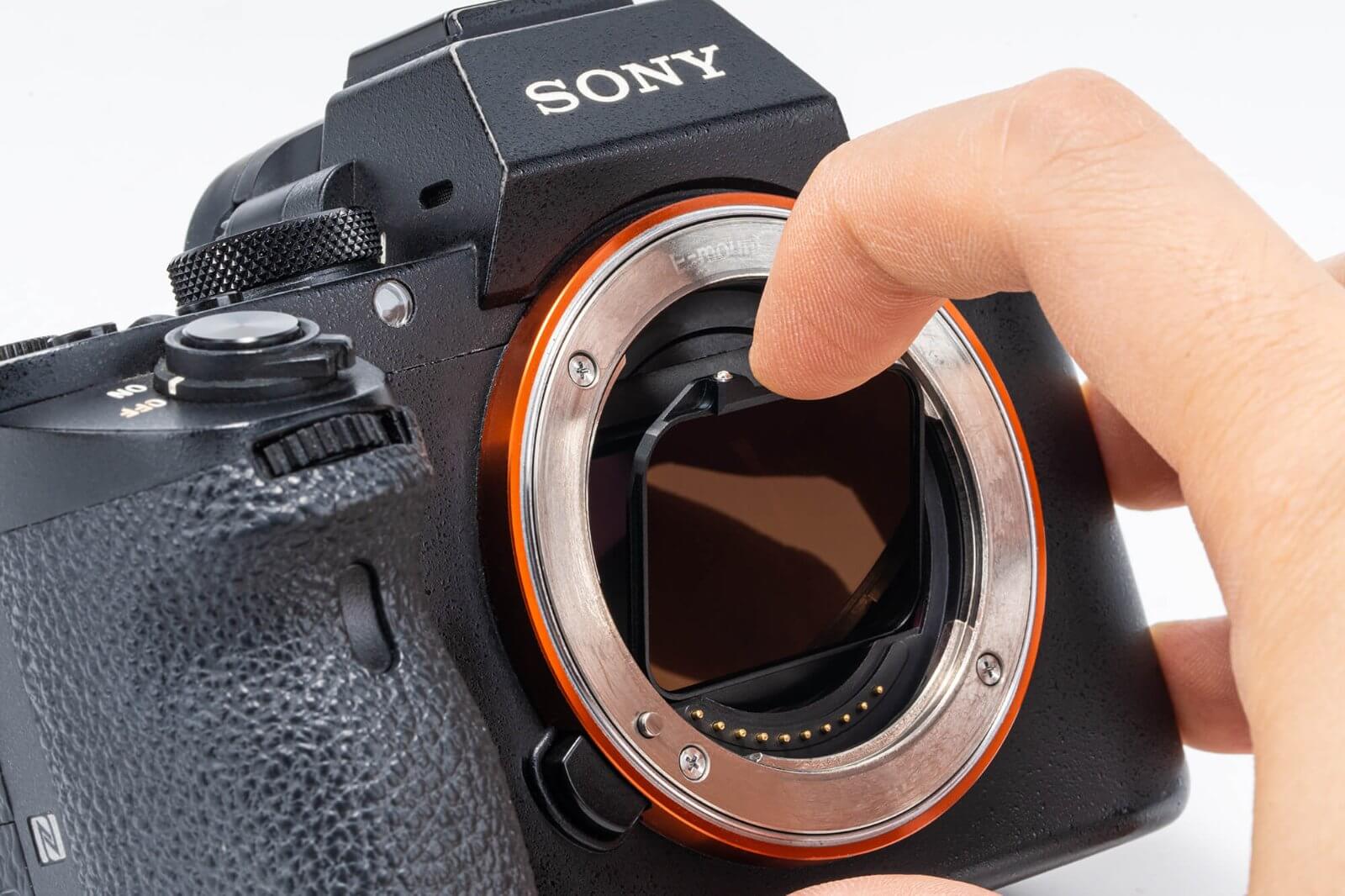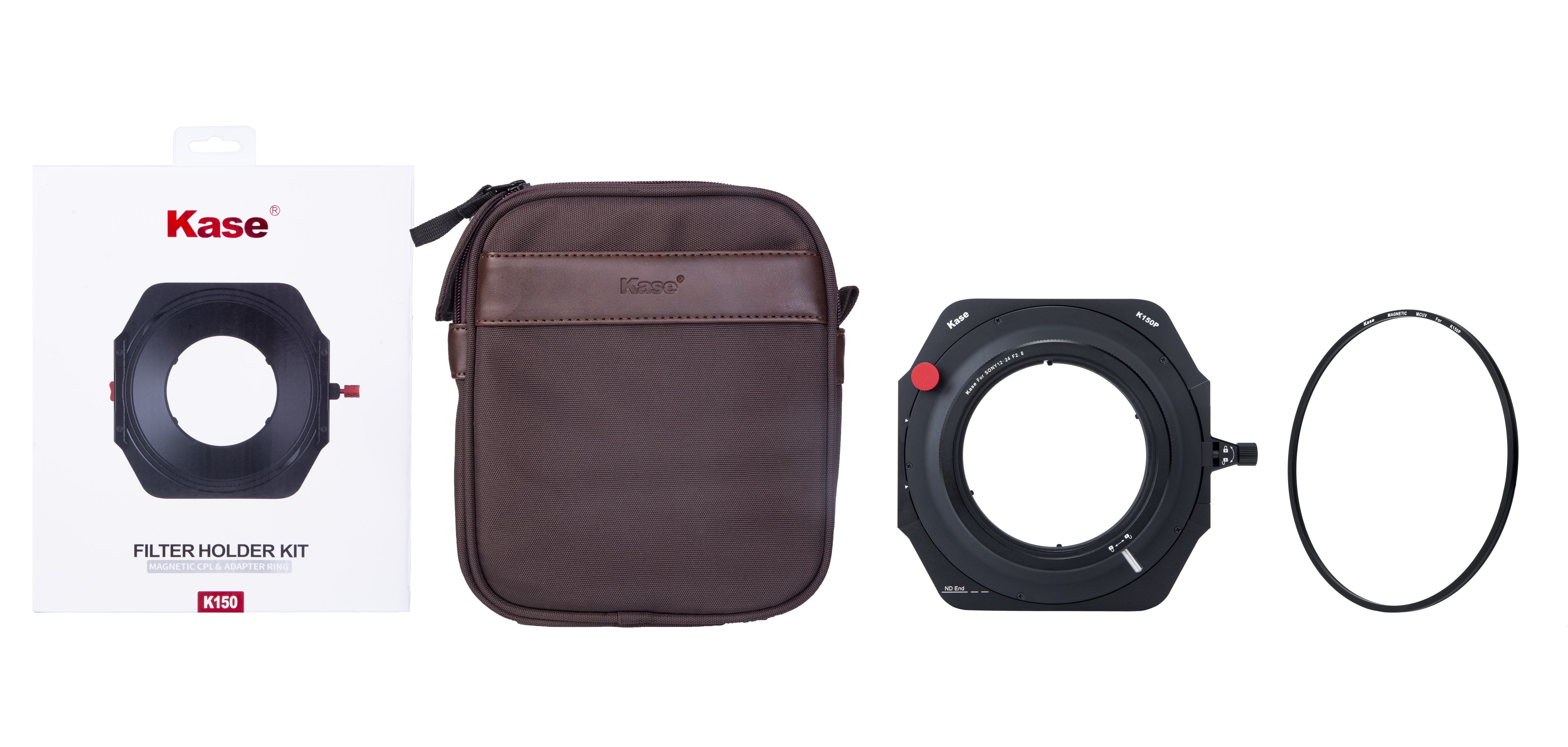
What is a UV filter needed for?
UV filters are also known as UV blocking filters or skylight filters. On an analog camera, the filter served to filter out the ultraviolet part of the sunlight, thus guaranteeing better quality. The non-visible UV radiation of 350 nanometers is blocked by the filter. Otherwise the image quality would be negatively affected. The result would be blurry images. On the one hand, the skylight filter has the positive effect that the image quality of the recordings is perfect and the contrasts are minimized.
Some photographers are convinced that UV filters are no longer necessary in the age of digital photography. However, the UV blocking filter is now used as a protective filter for the camera lens. Without this lens protection, scratches would damage the front lens by cleaning dust and dirt. As an additional layer of glass, the barrier filter not only protects against environmental influences, but also against a damaged lens after an impact. Sand in particular is a common cause of scratches on the camera lens. If there is no coating, i.e. if there is no coating, you can see unattractive blue casts in the images. The skylight filter helps here. A coated filter can be recognized by several layers. Unlike a coated filter, non-coated filters only have one layer of glass. The number of coatings gives an indication of how many layers were installed.
The strength of UV radiation depends on various factors. Depending on the time of day and season, the intensity of ultraviolet radiation varies. The proportion of radiation is highest in the summertime. The radiation is also more intense at higher altitudes. It is therefore recommended to use a blocking filter in the mountains. It is known that snow reflects UV rays, but water, asphalt and sand also reflect the radiation.
Is a skylight filter necessary?
The UV blocking filter is particularly necessary for analogue cameras, because the integrated UV filter in a digital camera means that it is no longer absolutely necessary here. However, the skylight filter is always suitable as a lens protection. That's why the UV filter can be described as an "always on" filter. The filter offers reliable protection against everyday situations or environmental influences. On the mountains, on the beach or by the water are the places where lens protection is necessary. However, the filter is not suitable for taking pictures under water, because the pictures will be blurry and will not achieve the desired result. The UV filter is also not absolutely necessary in black and white photography. But as protection for the camera lens, the UV filter makes sense everywhere.
See some of UV protection filters from Kase
How is the filter attached to the camera?
Most skylight filters are made of glass or plastic. This is usually screwed in front of the lens, on the filter thread. The antimicrobial UV protection lens filter from Kase is traditionally screwed onto the lens and is available in many diameters for a wide variety of lenses. So that the filter can be unscrewed again, it should not be screwed on too tightly. As an alternative to the filter that has to be screwed on, there are filters that can be used magnetically, with which screwing on is no longer necessary. Thanks to the magnetism, the MCUV UV filter can be attached quickly and easily. This saves time in attachment, and the magnetic filter also convinces with a stable attachment.
Which UV filter fits my lens?
In order to find out which filter fits the lens, the information on the diameters must match. The unit of the filter diameter is determined in millimeters, just like the diameter of the lens. It is therefore necessary to specify the diameter on the lens, which is usually located on the edge of the lens. Accordingly, a 75 mm filter should be used for a 75 mm lens. For example, Kase's round magnetic MCUV UV filter is available in 67mm, 72mm, 77mm, 82mm and 95mm sizes. If the filter and lens do not match, an adapter can be purchased.
Read more about how to choose the filter for your lens size.
Is it worth buying a skylight filter?
If you would like to photograph the landscape, the filter is required and offers cheap and good protection. It is worth buying the UV protection lens filter because a new lens is significantly more expensive than a new filter. However, you should not save too much on a UV blocking filter, because a cheap filter can go hand in hand with poor image quality.
What should I look out for when buying a UV filter?
Coating: In order for the UV filter to offer good protection for the lens, care should be taken to ensure that the coating is oil- and water-repellent and scratch-resistant.
Glass quality: The filter glass should be of good quality, because scratches on the lens can cause unsightly light refractions. The remuneration is decisive for the value of the filter. The higher the filter is coated, the better the quality.
Filter diameter: The diameter of the filter and the thread size of the lens should be identical. If these differ, an adapter ring can be used.
Do cheap filters offer the same image quality as more expensive products?
Although cheap products also offer effective protection, the quality of the images suffers both with too little light and with too much UV light. This loss of light can lead to underexposure of the images. However, the cheap products hardly differ from the more expensive filters in good lighting conditions. Purchasing a high-quality product involves higher costs, but differences in quality are noticeable.
What are the advantages and disadvantages of the UV blocking filter?
| Advantages | Disadvantages |
|
|


